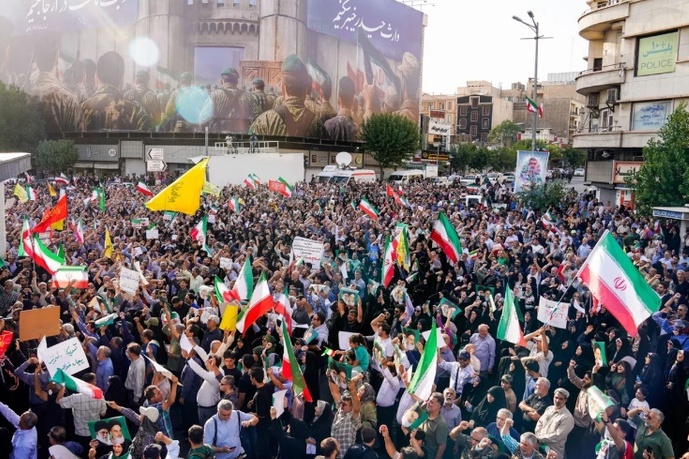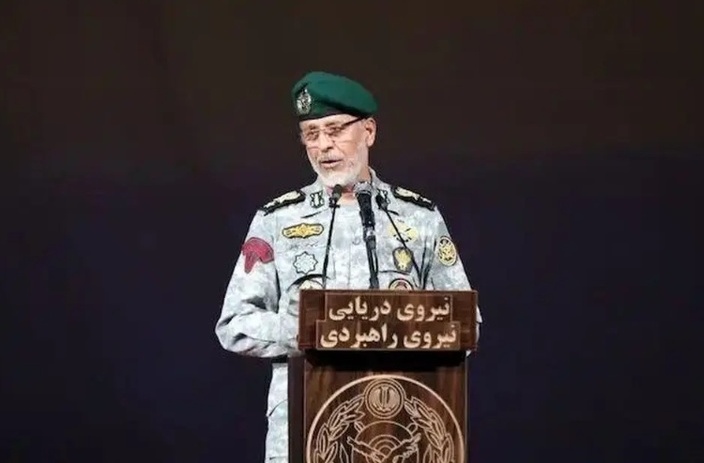SAEDNEWS: Iran’s Admiral Habibollah Siari highlights the country’s enduring unity and resilience, emphasizing how citizens played a decisive role in historic conflicts, from the eight-year Sacred Defense to the 12-Day War, ensuring national pride and security.

According to Saed News; Admiral Habibollah Siari, Deputy Coordinator of the Iranian Army, spoke at the assembly commemorating the martyrs of the Army during the Second National Congress of 8,000 Gilan Martyrs in Rasht. He praised the Iranian nation for its unparalleled unity and steadfastness from the revolution through the Sacred Defense and the 12-Day War, stating that the people’s resilience has been a source of national pride.
During the 12-Day War, the Prime Minister of the so-called Israeli regime called on Iranians to take to the streets, but the people ignored these provocations, reinforcing national solidarity. Admiral Siari emphasized that the Iranian people demonstrated their loyalty to the revolution, which was instrumental in achieving victory in the war.

He warned that enemies are always looking for ways to break Iran’s unity, coordination, and cohesion, whether through imposed wars, cultural attacks, soft power strategies, or hybrid warfare. Despite economic pressures, the people remain steadfast and the military is proud to serve them.
Admiral Siari highlighted the crucial role of today’s youth, noting that young, patriotic, and revolutionary Iranians are ready to stand firmly against any threat. Reflecting on the eight-year Sacred Defense, he stated that the nation had already successfully resisted a heavily armed regime before the revolution and continued this legacy during the 12-Day War.
The purpose of past wars, according to Siari, was to defeat the revolution and undermine Iran’s territorial integrity. Yet, Iranian citizens defended their homeland with minimal resources, thwarting enemy ambitions.
He further credited Imam Khomeini for transforming the imposed war into a defensive struggle, explaining that 36 million Iranians stood against external forces, despite widespread international support for the Ba’athist regime. The people’s dedication ensured national honor and success.
Specifically, Gilan province, with its 8,000 martyrs, 24,000 wounded veterans, and 2,700 freed prisoners of war, played a significant role. Civilian contributions, including sending 1,500 trucks of supplies from Gilan to the frontlines, helped meet critical needs during the war.

